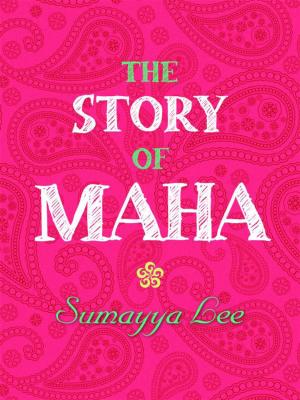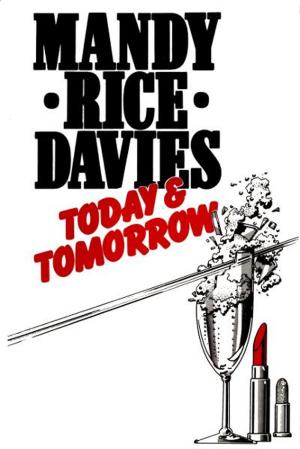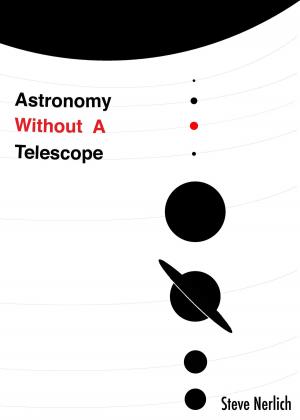| Author: | Albertine Ahmadi | ISBN: | 9781908720191 |
| Publisher: | EBooks by Design | Publication: | March 22, 2012 |
| Imprint: | Language: | English |
| Author: | Albertine Ahmadi |
| ISBN: | 9781908720191 |
| Publisher: | EBooks by Design |
| Publication: | March 22, 2012 |
| Imprint: | |
| Language: | English |
The Chronicles from Iran depict the successive Iranian dictatorships, from the monarchy to the Islamic Republic and its raving puritans. Through real-life scenes in Iran, they highlight humiliations inflicted daily by a religious tyranny upon its population, haunted by fear and bygone traditions. In 2012, the end product is that the Islamic Republic of Iran is an economic, social, environmental and political nightmare. The Chronicles from Iran also sketch a portrait of the Iranian, in equal parts proud and humble, tolerant and traditionalist, passionate and generous, always tormented when faced with choices in domestic and international politics. In the shadow of ‘Arab Spring’, and the turmoil that shakes the Middle East today, the book targets the lack of democracy and freedom - challenging conventionalities of an Islamic society. It brings an insight from Iran that can translate the Iranian and Middle Eastern labyrinth into a more understandable language. It also exposes the Western weaknesses in dealing with Middle Eastern countries. Whereas Islamist cliques make the most of religion to consolidate their tyrannical power, the greedy sets of Westerners pervert democracy, breeding only liberalism, technology and political correctness. The Iranian Revolution of 1979 led to the hatching of a backward Islam in the world. The ideals of social justice and personal development shimmer in the eyes of those who allow themselves to be fooled by Islamic fundamentalism and its vain promises of social justice. After 33 years of politics based on Islamic rule, despotism and censorship, Iran is fragile. Its population remains unaware of the implications of important issues and has given up any meaningful form of resistance to dictatorship. Iranians boast a millennial culture while being shackled by conventionalities and religious superstition. These favour dictatorship and are not conducive to building a society in which free will and freedom of expression are the driving forces. However, the stand taken by many policy makers in the United States and the western European countries has led to considerable mistakes and damages and will continue to do so. In the name of democracy, the Westerners have reduced Iraq and Afghanistan to bedlam. In June 2009, fed up with an oppressive Islamic Republic, the Iranians felt ripe for a new revolution. But they lack a converging ideal. Iranians crave to get rid of the ayatollahs but with what and by whom can they be replaced? The Iranians hesitate and play for safety. After all, the tyranny they endure guarantees some security that their neighbours have long lost. Yet, the softness and lack of lucidity of Iranians allow a retrograde dictatorship based on fanatic Islam to be maintained. Democracy is a matter of concern to each and everyone ... Iranians seem to miss the point.
The Chronicles from Iran depict the successive Iranian dictatorships, from the monarchy to the Islamic Republic and its raving puritans. Through real-life scenes in Iran, they highlight humiliations inflicted daily by a religious tyranny upon its population, haunted by fear and bygone traditions. In 2012, the end product is that the Islamic Republic of Iran is an economic, social, environmental and political nightmare. The Chronicles from Iran also sketch a portrait of the Iranian, in equal parts proud and humble, tolerant and traditionalist, passionate and generous, always tormented when faced with choices in domestic and international politics. In the shadow of ‘Arab Spring’, and the turmoil that shakes the Middle East today, the book targets the lack of democracy and freedom - challenging conventionalities of an Islamic society. It brings an insight from Iran that can translate the Iranian and Middle Eastern labyrinth into a more understandable language. It also exposes the Western weaknesses in dealing with Middle Eastern countries. Whereas Islamist cliques make the most of religion to consolidate their tyrannical power, the greedy sets of Westerners pervert democracy, breeding only liberalism, technology and political correctness. The Iranian Revolution of 1979 led to the hatching of a backward Islam in the world. The ideals of social justice and personal development shimmer in the eyes of those who allow themselves to be fooled by Islamic fundamentalism and its vain promises of social justice. After 33 years of politics based on Islamic rule, despotism and censorship, Iran is fragile. Its population remains unaware of the implications of important issues and has given up any meaningful form of resistance to dictatorship. Iranians boast a millennial culture while being shackled by conventionalities and religious superstition. These favour dictatorship and are not conducive to building a society in which free will and freedom of expression are the driving forces. However, the stand taken by many policy makers in the United States and the western European countries has led to considerable mistakes and damages and will continue to do so. In the name of democracy, the Westerners have reduced Iraq and Afghanistan to bedlam. In June 2009, fed up with an oppressive Islamic Republic, the Iranians felt ripe for a new revolution. But they lack a converging ideal. Iranians crave to get rid of the ayatollahs but with what and by whom can they be replaced? The Iranians hesitate and play for safety. After all, the tyranny they endure guarantees some security that their neighbours have long lost. Yet, the softness and lack of lucidity of Iranians allow a retrograde dictatorship based on fanatic Islam to be maintained. Democracy is a matter of concern to each and everyone ... Iranians seem to miss the point.















